
Blog

Yellow Fever Vaccine: What You Need To Know
Travelling abroad is always an adventure. With all the snow in the UK it’s no surprise that people are now looking to head abroad where it’s warmer and beat ...
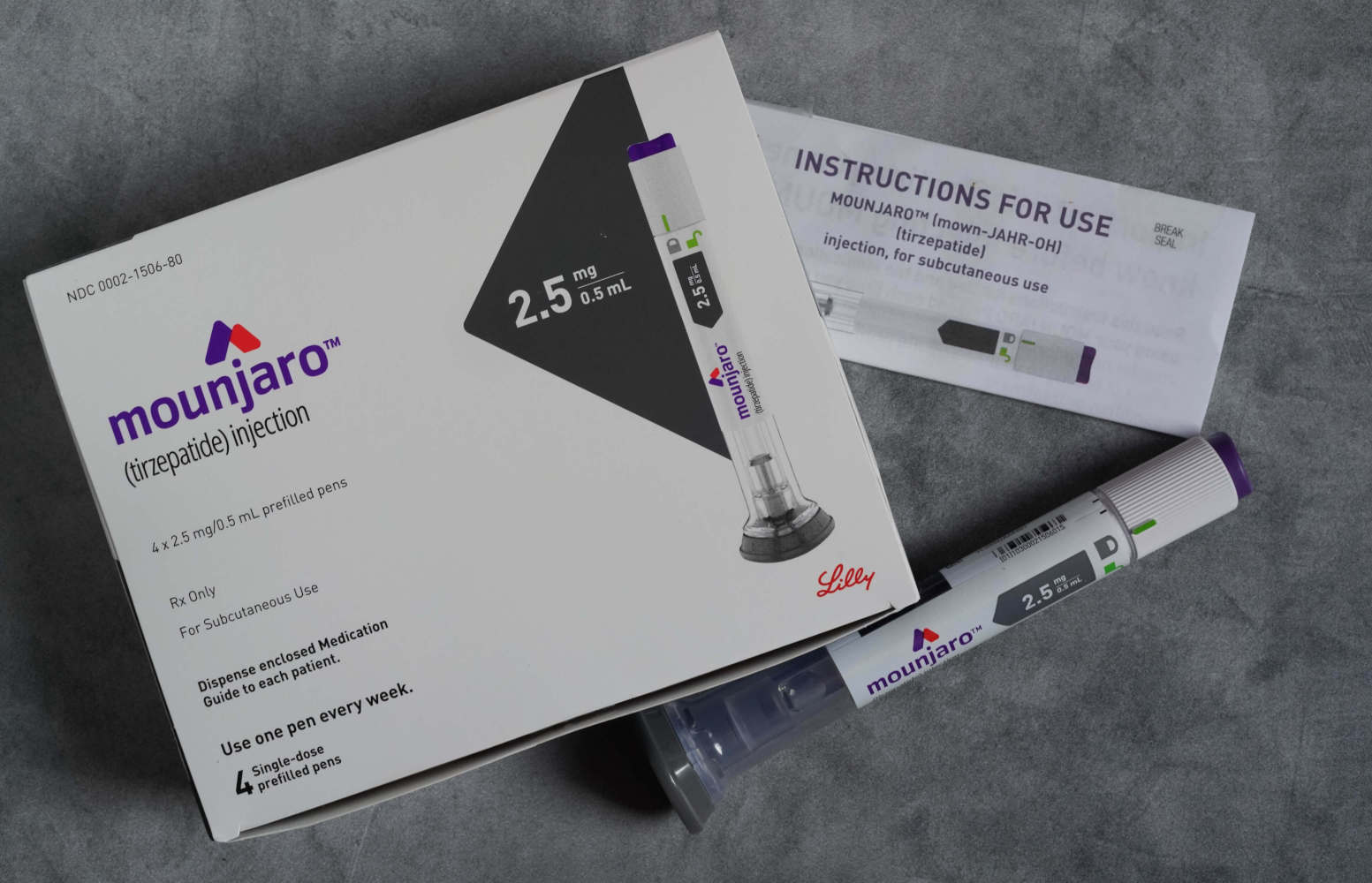
Mounjaro Not Working? This Could Be Why
Mounjaro (tirzepatide) is a medication that’s been making headline as an effective tool to help with weight loss. However, like any treatment or medication, it doesn’t always deliver results ...

Looking To Lose Weight In 2025?
Struggling to manage your weight can be stressful, and with Christmas and New Years just around the corner, it’s easy to feel overwhelmed if you’re trying to stay on ...

Need Emergency Contraception? We’re Here to Help
When you need emergency contraception, it’s important to know there’s someone you can turn to. At Crest Pharmacy, we’re here to help with expert advice and access to emergency ...

Get Your Travel Vaccines Before You Fly in January!
Planning a trip abroad? Looking at our recent weather absolutely nobody would blame you for jetting off to get some sunshine and to de-stress after a hectic festive season. ...

Stay Protected This Winter! Book Your Flu and COVID Jabs at Crest Pharmacy
We’re into flu season now, but it’s not too late to protect yourself and your loved ones with a flu jab. Crest Pharmacy is here to make it easy ...

Manage Your Blood Pressure With Crest Pharmacy
High blood pressure, also known as hypertension, is often called ‘the silent killer’ because it rarely shows symptoms, but significantly increases the risk of heart disease, stroke, and other ...

Get Your Travel Jabs at Crest Pharmacy
Absolutely nobody would blame someone taking a holiday abroad at this time of year. The UK weather is dark, cold and foggy and the thought of being on a ...

Our Guide To Mounjaro
Interested in using medication to help you lose weight? You’re not alone, there’s been a lot of interest in weight loss medication lately, largely because of the amazing results ...
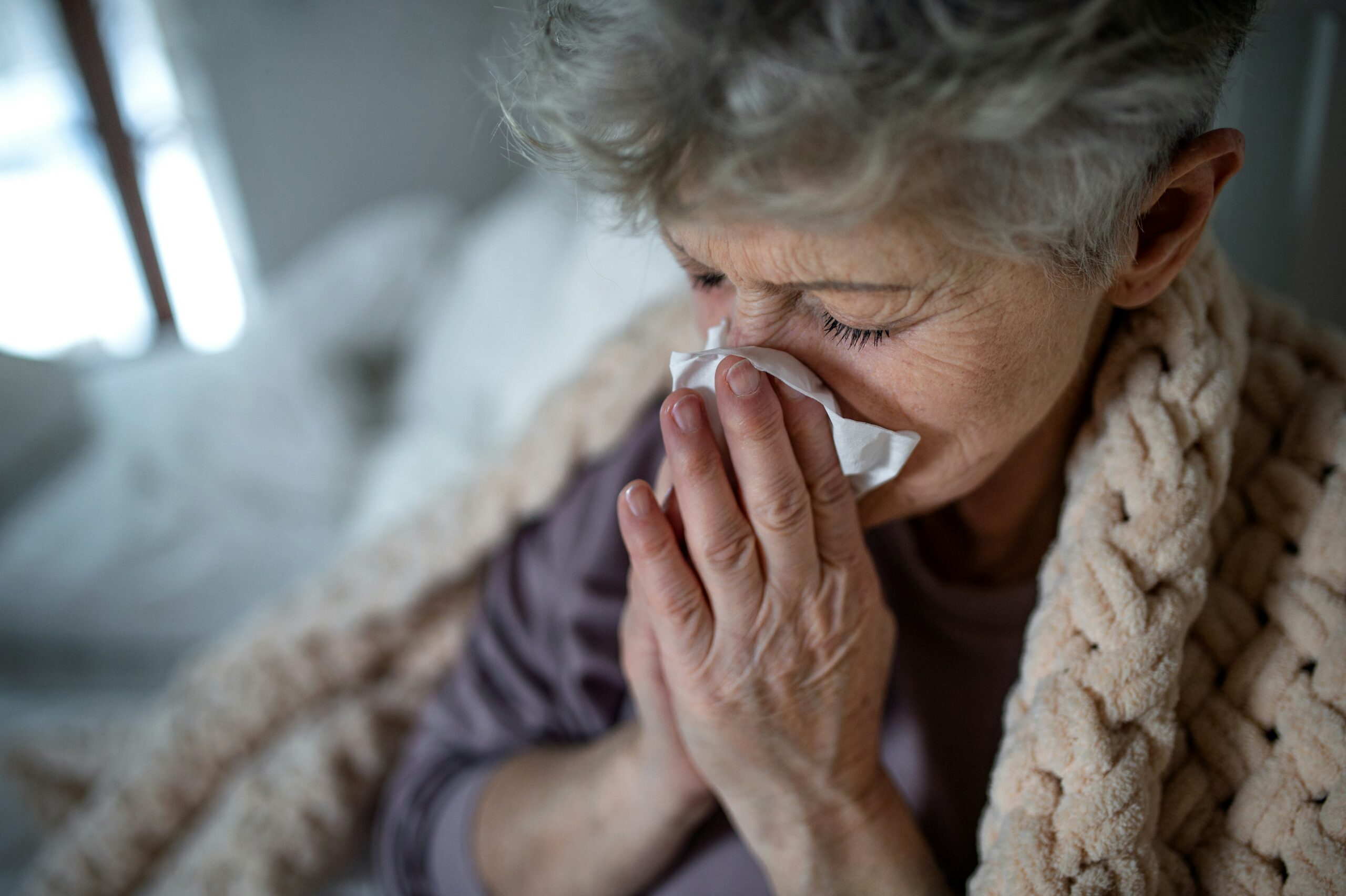
There’s Still Time To Get Your Flu Jab With Crest!
This time of year is when the flu can spread quickly, and that’s why it’s so important to get vaccinated. If you haven’t booked your flu jab yet, don’t ...

Order Your Travel Vaccines From Crest Pharmacy
Planning a trip abroad is exciting, but making sure you’re vaccinated should be at the top of your travel checklist along with insurance and passports! With the winter travel ...
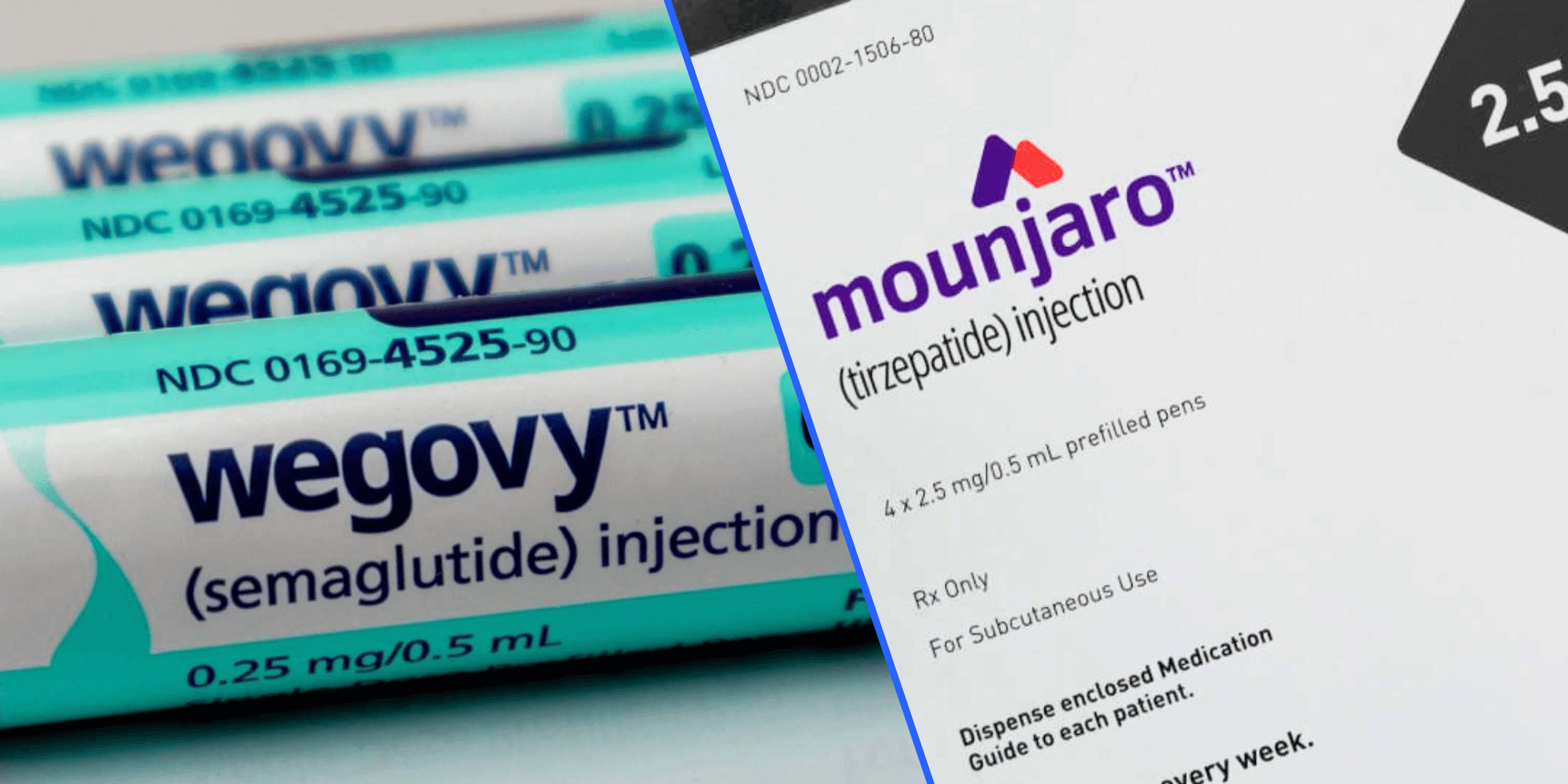
Does Weight Loss Medication Really Work?
Weight loss is a goal for many, but it’s not always easy to achieve through diet and exercise alone. Recently, weight loss medications have become a popular option, with ...

Book Your Flu And COVID Jabs Now
Now’s the perfect time to make sure you’re protected against flu and COVID-19. Booking your winter jabs early is one of the best ways to stay healthy and avoid ...

Emergency Contraception Service Available at Crest Pharmacy
Emergency contraception is an option for anyone who needs to prevent pregnancy after unprotected sex or a contraceptive failure, like a condom breaking. With the emergency contraception service available ...

Book Your Flu Jab At Crest Pharmacy
The sunshine might be hanging on but there’s no denying that flu season is upon us once again, and it’s time to think about how you can protect yourself ...
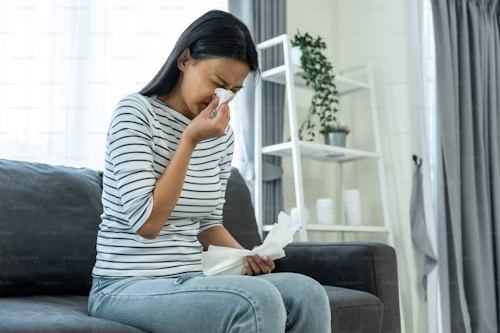
Get Ready For Winter With Crest Pharmacy
Cold weather is on the way and with it comes all the colds and sniffles that make an appearance at this time of year, fortunately your local Crest Pharmacy ...

Not losing weight on Mounjaro? Here’s why!
Started using Mounjaro or Wegovy but not seeing the results you were expecting? Everyone is different, and your weight loss journey is unique to you. There could be many ...

How Your Local Pharmacy Can Help You
When you think of their local pharmacy, it’s not uncommon to think of it as a place to pick up prescriptions and nothing else. But Crest Pharmacy offers so ...
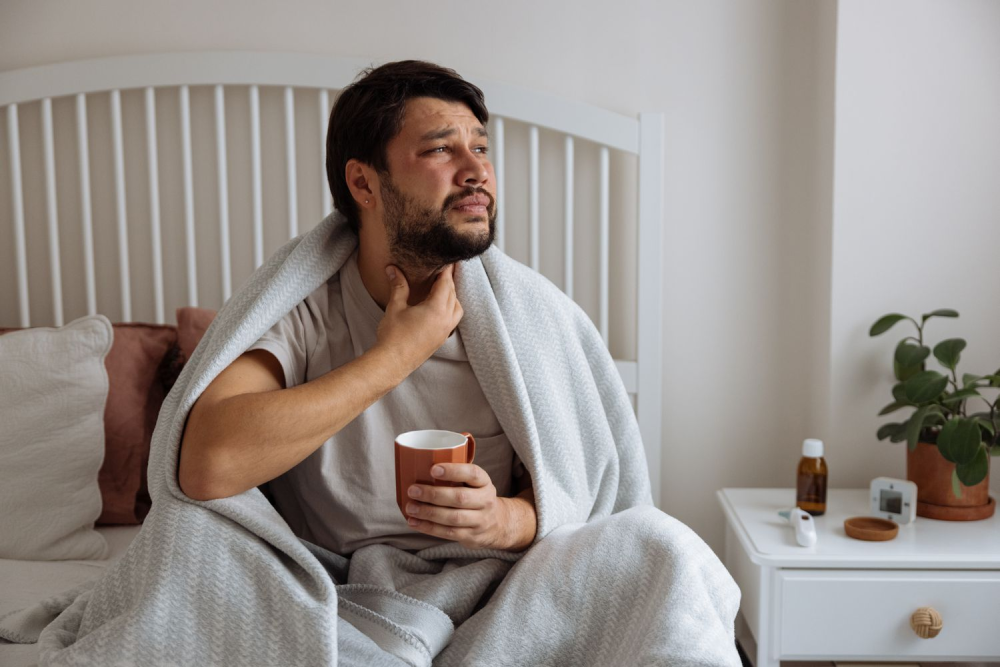
What Kills A Sore Throat Fast?
A sore throat can be a real pain—literally. Whether it’s a scratchy feeling when you swallow, a dry irritation that won’t go away, or a sharp, stabbing pain, the ...

How Your Local Crest Pharmacy Can Help With Sinusitis
If you’ve ever experienced the familiar symptoms of sinusitis you know that it’s not fun! Uncomfortable pressure in your face, difficulty breathing through your nose, and a relentless headache ...

Suffering With A Sore Throat? Visit Crest For Help
A sore throat can be a real pain, but with Pharmacy First you can get help with your symptoms and treatment through Pharmacy First without the need to see ...

Struggling With UTIs? Pharmacy First Can Help
UTIs are a common issue affecting almost everyone including men, women, young and old, but don’t worry— Crest Pharmacy is here to help you feel better fast with the ...

Is it Sinusitis or Hay Fever?
When you’re feeling miserable with a stuffy nose, headache, and just feeling rotten, it can be hard to tell whether you’re dealing with sinusitis or hay fever. Especially if ...

How To Lose Weight on Wegovy & Mounjaro
Weight loss is often a sensitive subject as it’s something the vast majority of UK adults will struggle with over time. Statistics in the UK show that the proportion ...

What To Expect When You Take Mounjaro
UK’s Lowest Rates on Expert Weight Loss Plans Mounjaro 2.5mg and 5mg: £139 Mounjaro 7.5mg and 10mg: £155 Mounjaro 12.5mg and 15mg: £170 10% discount available for referrals. ...
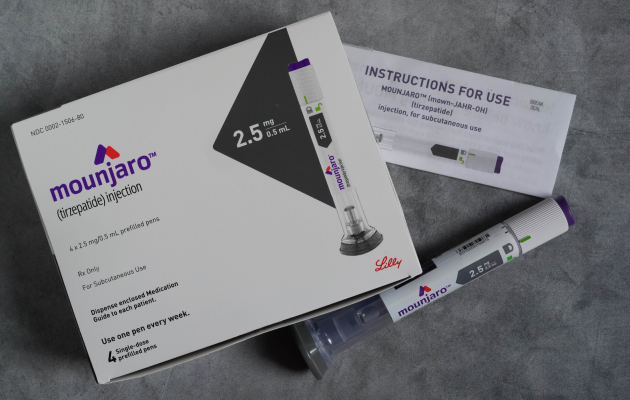
What to Eat (and not eat) on Mounjaro: A Practical Guide for Success
UK’s Lowest Rates on Expert Weight Loss Plans Mounjaro 2.5mg and 5mg: £139 Mounjaro 7.5mg and 10mg: £155 Mounjaro 12.5mg and 15mg: £170 10% discount available for referrals. Book ...

Wegovy vs. Mounjaro: What’s the Difference
UK’s Lowest Rates on Expert Weight Loss Plans Mounjaro 2.5mg and 5mg: £139 Mounjaro 7.5mg and 10mg: £155 Mounjaro 12.5mg and 15mg: £170 10% discount available for referrals. ...

Hay Fever: A Comprehensive Guide to Understanding, Treating, and Managing Allergic Rhinitis
Hay fever, also known as allergic rhinitis, is a really common allergic condition that affects millions of people all around the world. It’s caused by our immune system overreacting ...

5 Ways a General Profile Blood Test Can Help You
Medical checks and tests for our health need to be conducted in a healthcare setting, such as x-rays or CT scans, but some can also be done at home. ...

Back to School: How to Treat Head Lice
The kids are going back to school, which means back to early mornings and bickering over where their shoes were left. Unfortunately, it also means the return of head ...
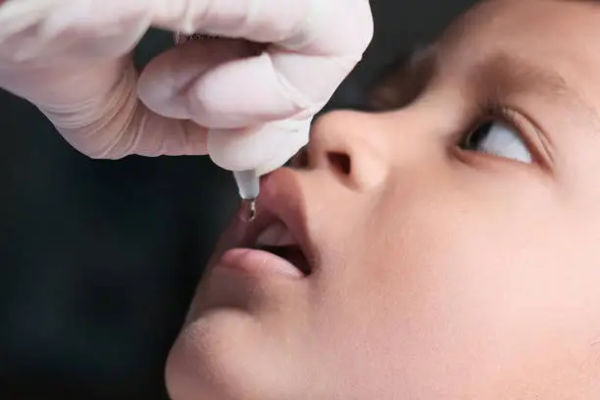
Everything You Need to Know About Polio
Polio was a lot more common in the past, but after the Global Polio Eradication Initiative was launched in 1988, the number of cases decreased. In 2003, it was ...

Cold and Flu Tablets You Need This Winter
The colder months are here, meaning it’s time to reach for thick coats and gloves. Unfortunately, it also means winter illness is becoming increasingly common, including cold and flu. ...
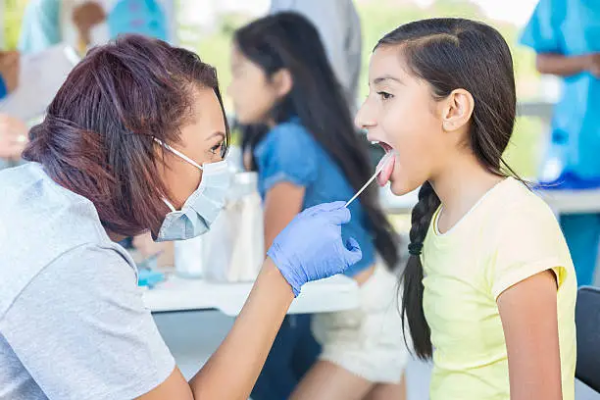
Everything You Need To Know About Strep A
As of 7th December 2022, at least 15 children in the UK have died from a Strep A infection amid the rise in cases. The recent outbreak has also ...

5 Illnesses to Look Out for This Winter
We all know that people feel sick and tired in January, and it isn’t always related to the post-Christmas blues. Each season has its own range of illnesses that ...

How to Improve Your Immune System This Winter
Flu season is arriving, and as the weather gets colder and wetter, more people are feeling run down. Whether it be from colds, coughs or the flu, the immune ...

5 Things You Should Know about the Yellow Fever Vaccine
Yellow fever is an illness found in areas of Africa, Central and South America and Trinidad, one of the Caribbean islands. Whilst it is not natively found in the ...

How To Treat Internal And External Thrush In Women
Thrush is an infection that can affect both women and men. It occurs when there’s a buildup of yeast, which is a type of fungus that is naturally found ...

What Is Japanese Encephalitis? 5 Things You Should Know
Japanese encephalitis is a type of flavivirus that is spread to a person through a mosquito bite. A flavivirus does not have a DNA (deoxyribonucleic acid) structure, but instead, ...

Everything You Need To Know About Tick-Borne Encephalitis (TBE)
Tick-Borne Encephalitis (TBE) is a disease typically spread by ticks. Once contracted, the virus can cause swelling of the brain and spinal cord, which can result in death. TBE ...

Everything You Need To Know About Rabies
Rabies is an extremely harmful viral disease that affects the brain and nervous system. The virus usually spreads to a person through the saliva of an infected animal. For ...

Let’s Talk About Erectile Dysfunction
In the UK, 48% of men say they have experienced erectile dysfunction at some point in their life. So, with almost half of the men in the UK being ...

How To Prepare For A PSA Test
A PSA test is a blood test that measures prostate-specific antigens in men. A raised or lowered PSA can indicate prostate problems, such as prostate cancer. A PSA test ...

Top 5 Essential Products For Travelling Abroad
There are certain travel essentials that you should have when travelling abroad, particularly if the flight is long or if you’ll be staying away from home for a long ...

6 Signs You Should Get Your Thyroid Checked
Many people don’t realise how vital their thyroid is, and what an important role it plays in ensuring their body functions properly. So, what exactly is your thyroid? Your ...

7 Answers To Important Questions About The Hepatitis B Vaccine
Hepatitis B is a liver infection that is spread via bodily fluids or blood. For example, the virus can be spread by sharing items, such as razors, toothbrushes, and ...

4 Reasons You Need A Private Vitamin Blood Profile Test
A vitamin blood profile test checks the levels of your body’s essential vitamins by analysing three biomarkers: vitamin D, vitamin B12, and folate (vitamin B9). It is important to ...

15 Common Food Allergies in Adults
Allergens are a substance found not only in food but also other sources, such as pollen and dust mite excretion, just to name a couple. When an allergen enters ...

5 Things To Consider About The Malaria Vaccine Before Travelling
Malaria is a disease that can cause the infected to suffer with flu-like symptoms and high fevers. If the infected person doesn’t receive prompt treatment, then the disease may ...

A Guide To Countries That Require Vaccines
Vaccines are used to prevent certain diseases. The vaccine, which usually contains a weak part of a specific disease, is generally administered through needle injections to stimulate a response ...

The Polio Vaccine: 5 Reasons to Get One Before Travelling
Poliomyelitis (generally known as polio) is a virus that enters the body through the mouth or nose. It is often spread through contaminated water and food, or by poor ...

5 Things You Need To Know About Covid Before Travelling
The Covid travel restrictions are constantly changing and even though they are not as strict as before, there are still some rules in place. Many travellers, both vaccinated and ...

5 Reasons You Should Apply For a Covid Recovery Certificate
If you have tested positive for Covid-19 in the last 6 months, you can get a Covid Recovery Certificate. This is a certificate signed by a medical professional to ...

How To Travel Without A Covid Vaccine
There are still many travel restrictions in place as we come out of the Covid-19 pandemic and there are likely to be some in place for the foreseeable future. ...

Why Should You Get a Diphtheria Vaccine in Coventry Before Travelling?
Are you jetting off for a holiday or business trip outside the UK? You may need a diphtheria vaccination to stay safe. Diphtheria is a bacterial infection that attacks ...

Why is the Diphtheria Vaccine For Travel in Tamworth Important?
Diphtheria is an infectious condition that affects mostly the nose and throat, and also the skin in rare cases. Travelling to some parts of the world increases your risk ...

Do You Need the Meningitis Vaccine in Coventry Before You Travel?
Meningitis is an infection that attacks the brain and spinal cord’s protective membranes. The condition is especially common in babies, young children, teenagers, and young adults, but any other ...

Why You Should Get the Meningitis Vaccine in Tamworth Before You Travel
Meningitis is an infection that affects the protective membranes of the spinal cord (meninges) and brain. Anyone can be a victim of meningitis, but it’s especially common in babies, ...

What’s the Importance of a Diphtheria Vaccine for Travel in Birmingham?
Diphtheria is an infection that affects the throat and nose, and even the skin in some cases; it’s highly contagious. The condition is rare in the UK, but ...

Why is the Meningitis Vaccine Important & Do You Need it in Birmingham?
Meningitis is an infection of the membranes surrounding the brain and spinal cord (meninges). Children and adolescents are most at risk for meningitis, but it can affect anyone. When ...

The Tetanus Vaccine – Should You Get it in Coventry Before Travelling?
Tetanus is a rare and serious condition where bacteria infect a wound. A good number of tetanus cases arise due to a lack of vaccination or an incomplete ...

The Tetanus Vaccine – Should You Get it in Tamworth Before Travelling?
Tetanus describes rare bacteria that attack wounds. Most tetanus cases are a result of a lack of vaccination, or not completing the vaccination dose. It’s important to research Tetanus ...

The Tetanus Vaccine – Should You Get it in Birmingham Before Travelling?
Tetanus is some serious bacteria that enter the body through an exposed wound. The infection, however, has become rare in the 21st century. The bacteria mostly attack people who ...

Japanese Encephalitis – Why You Should Get the Vaccine in Tamworth
Japanese encephalitis is a severe viral infection mostly found in rural regions of Asia. Although the chances of most travellers getting infected may be pretty low, Japanese encephalitis is ...

Japanese Encephalitis – Why You Should Get the Vaccine in Birmingham
Japanese encephalitis is a serious viral infection with most cases reported in Asian rural areas. This infection is dangerous enough to cause encephalitis (brain infection); even though its cases ...

Japanese Encephalitis – Why You Should Get the Vaccine in Coventry
Japanese encephalitis is a dangerous viral infection that has mostly been reported in rural parts of some Asian countries. Even though it rarely affects travellers these days, this infection ...

Do I need a Hepatitis B Vaccine in Tamworth Before I Travel for Work?
Are you looking to travel for work, or maybe even just a holiday? Wherever you’re going, it’s important to check the risks associated with your destination beforehand. If you ...

Get COVID19 PCR Testing Kidderminster
Get back to travelling with PCR testing 2021 is looking positive for the travel industry as airlines are opening up routes and people are gaining some more confidence ...

COVID Antibody Testing in Kidderminster
Many people have been infected with the coronavirus but have had little to no symptoms. Our COVID-19 antibody test works to identify possible antibodies produced by your body after ...

How to Improve Your Immune System This Winter
Flu season is arriving, and as the weather gets colder and wetter, more people are feeling run down. Whether it be from colds, coughs or the flu, the immune ...

Need COVID19 PCR Testing in Coventry?
Jet off with reliable COVID19 PCR Testing in Coventry COVID-19 has made a huge impact on the way that we live and the way that we travel. 2020 ...

Singaporean Adventures
The cleanest city in the World is what this place felt like! Three days is all we had in Singapore and believe me when I say, I did not ...

Hvala Vam Dubrovnik, Thank You Dubrovnik
Dubrovnik, a city located in the southern part of Croatia is a hot tourist destination for many reasons. The history of this beautiful city is dark, but the people ...

I Fell in Love with Venice
Buongiorno! Venice was a dream come true when my husband surprised me for our first anniversary. This beautiful place which speaks nothing but love! The city which I had ...

Valentines at Lake District Oct 21 Valentines at Lake District
A mini getaway for Valentines and we chose to visit the scenic and relaxing Lake District. Lake District is England’s hidden treasure located in the North West. Most famous ...

Bali, The Far East
“Bali” derived from Sanskrit which means an “offering or a tribute” and boy oh boy does this place have a lot to offer! This beauty of a place caught ...

